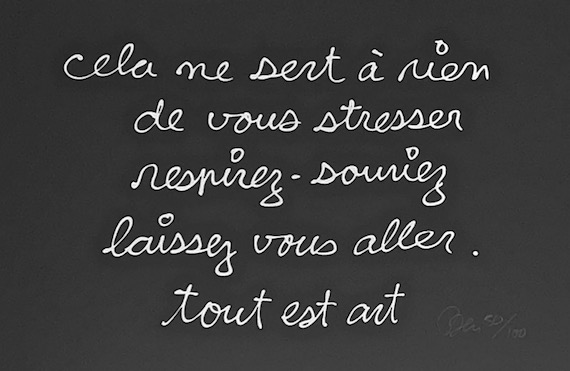 The consultation is the first contact with the anaesthetist and the key to anaesthesia care.
The consultation is the first contact with the anaesthetist and the key to anaesthesia care.
It must take place within a reasonable period of time, allowing additional examinations to be carried out, more than 48 hours and not more than 2 to 3 months before the operation.
It is then necessary to bring all the documents in your possession (cardiological, blood and urine biological tests, radiological tests as well as the specialised opinions of your treating doctors). You will also have to bring your last prescription(s) for medication.
A medical questionnaire will be given to you at the time of your surgical consultation (cf). It will allow you to specify your medical and surgical history, your allergies and your current treatments.
Filling in this questionnaire is essential so that you do not forget anything during the consultation.
The consultation will allow for a meeting and an exchange of ideas that will help to reduce the drama of the anaesthetic procedure. It will allow us to draw up a list of the ailments you suffer from, to evaluate the anaesthetic risk, to eliminate risk factors and to ask for opinions or complementary examinations to guide therapeutic decisions.
You will be able to ask all the questions you wish to ask in order to reduce the anxiety linked to anaesthesia.
Apart from the extreme ages of life, the anaesthetic risk in a patient with no proven risk factors or threatening pathology is nowadays extremely low and lower than certain activities of daily living.
Severe intraoperative allergies are also exceptional.
However, anaesthesia is a medical procedure for which there is no such thing as zero risk.
The list of your treatments will be reviewed during the consultation and some medications will be discontinued or substituted before the operation date.
This will notably be the case for anticoagulant treatments and certain anti-diabetic drugs.
For certain complex cases, a second consultation will be necessary after having asked for additional advice or examinations.
For prosthetic surgery a dental certificate and a cytobacteriological examination of the urine will also be required.
During the consultation :
You will receive information on the course of the anaesthesia, your hospitalisation and the expected post-operative after-effects.
At the end of the consultation :
A summary document will be given to you.
You must bring it back on the day of your admission and hand it in when you arrive in the department. You will also have to bring all the relevant documents, selected by the anaesthetist during the consultation.